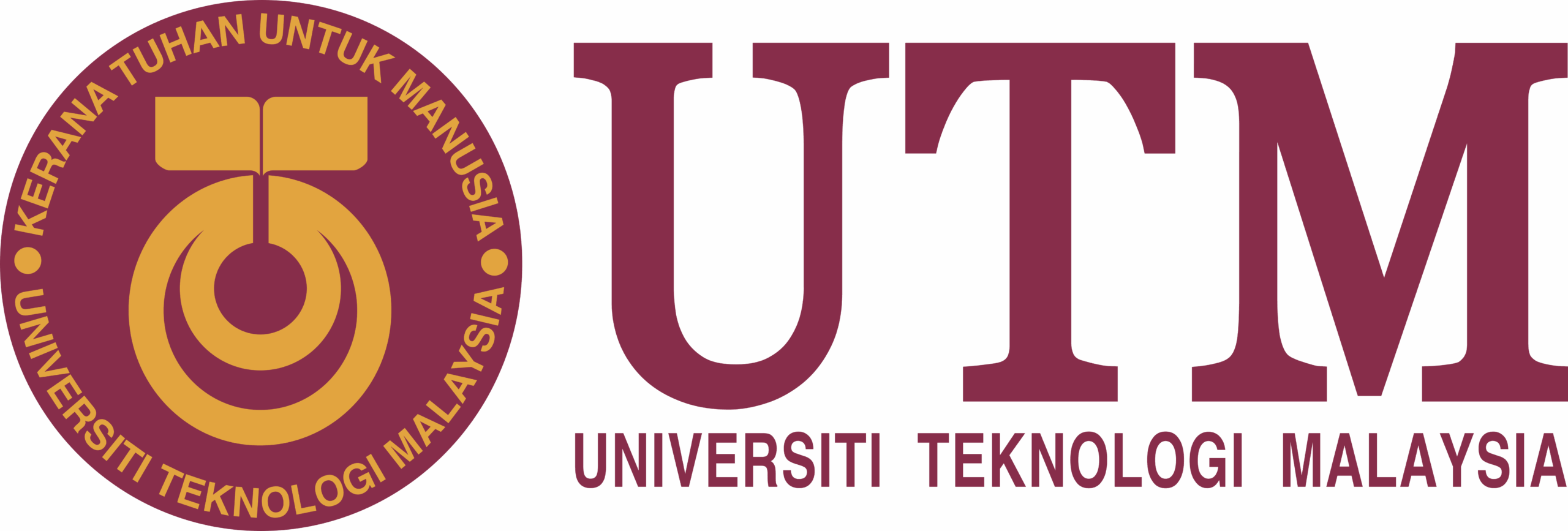Master in Islamic Studies
#Malaysia's Top University for Engineering and Technology
Faculty
Duration
Program Total Credit
Study Scheme
Study Mode
Delivery Mode
Campus
Interview Program
Colour Blind Test (CBT)
Program Fees Malaysian
Programe Fees Malaysian
Programme Fees International
Codes
Program Code
UTM: MBSGB1CJA
NEC: 0414 (Management and Administration)
MQA: MQA/SWA0365
UPU:
ABOUT THE PROGRAM
MBA programme at UTM AHIBS is designed to develop managerial leaders who are equipped with relevant and contemporary knowledge and skills to sustainably manage organizations in relation to diverse stakeholders’ interests; possess strategic thinking ability and leadership qualities to steer organizations towards change and developments. We also offer an MBA (Open Distance Learning) programme to offer you the benefits of online learning to fit your busy lifestyle or work schedule.
PROGRAM STRUCTURE
Core Subjects
Strategic Management for Competitiveness and Globalizations Leading Talent in Organizations Accounting for Business Decision Making New Venture Creation
Business Research
Strategic Innovative Marketing Managerial Economics & Policy Analysis Strategic Financial Management Business Information System
University Electives
Organisation Behavior and Development Business Ethics, Responsibility and Sustainability
Research Project (6 Credits)
Business and Action Research I
Business and Action Research II
Electives Courses (3 Subjects – 9 Credits)
PROGRAM OBJECTIVES
The MBA program at UTM AHIBS is designed to develop managerial leaders as change agents who are equipped with relevant and contemporary knowledge and skills to sustainably manage organizations in relation to diverse stakeholders’ interests and possess strategic thinking ability and leadership qualities to steer organizations towards change and developments.
PROGRAM LEARNING OUTCOMES
PLO1:
PLO2:
ENTRY REQUIREMENTS
An honors degree from UTM or other recognized universities or an equivalent academic qualification from an overseas establishment approved by the University Senate.
Certain professional qualifications will also be considered.
Minimum CGPA > 3.50 for fresh graduate or minimum CGPA > 3.00 with 2 years working experience or minimum CGPA 2.00 ≤ 2.99 with 5 years working experience.
CAREER PROSPECT
Software Development & Engineering
Data Science & AI
Cybersecurity & Network Engineering
Cloud Computing & IT Infrastructure
Academia & Research
Project Management & Consultancy
AWARDS AND RECOGNITION
Malaysian Qualification Agency (MQA)
